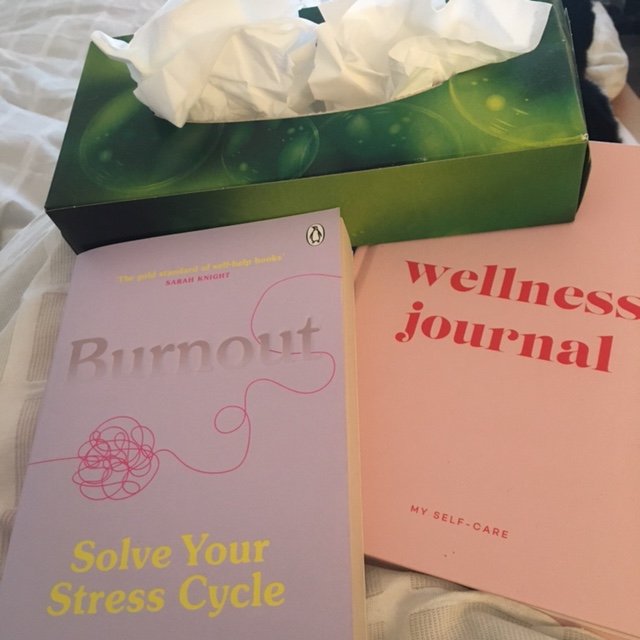Now I have something to confess to you. I am a recovering people pleaser. It’s not even something I was aware of until I started my coaching training, and then the pennies started to drop, one by one. So do any of the following sound familiar to you too?
Saying yes when you mean no? Tick.
Not voicing your opinions to keep the peace? Tick.
Having an overstuffed diary that exhausts you just to glance at? Tick.
‘Sorry’ and ‘should’ being the most overused words in your vocabulary? Double tick.
It’s a tough one to own up to, because obviously we all want to help people and be liked. But if we are constantly putting other people’s needs ahead of our own, then we are diminishing our self-worth, and we can end up overwhelmed, drained and resentful.
Interestingly, it might also have something to do with biology. In their book, The Confidence Code, journalists Katty Kay and Claire Shipman discovered that one for the reasons women can be less risk taking is because of their hormones. Oestrogen encourages bonding and connection and discourages conflict, whereas men have 10 times the amount of testosterone pumping through their bodies. This amplifies their competitive instincts and encourages a focus on winning, therefore they are less concerned about avoiding conflict.
However, despite our hormones playing a role, people pleasing is largely a learned behaviour and therefore the good news is that we can unlearn it! So what can we do?
- Most importantly, it’s time to wean yourself off looking for approval from others and focus on your own strengths and attributes. Start keeping a note of compliments and positive feedback that people have given you, even if it’s a simple text from a friend saying thanks for dinner.
- Give yourself some thinking time. Next time you are asked to do something or be somewhere, say you’ll get back to them once you’ve checked your diary. That will give you the thinking time you need to decide if it’s something you actually want to do, and have the time and energy for.
- Let them know. If someone is taking advantage of you, or making you feel responsible for their problems, then it’s time to tell them how you feel. They may not be aware of how their behaviour is impacting you. You are not responsible for their happiness, but you are responsible for your own. Take charge of it.
So if you recognise some of your own people pleasing behaviour going on, give one of these actions a try this week and start to please yourself for a change.










